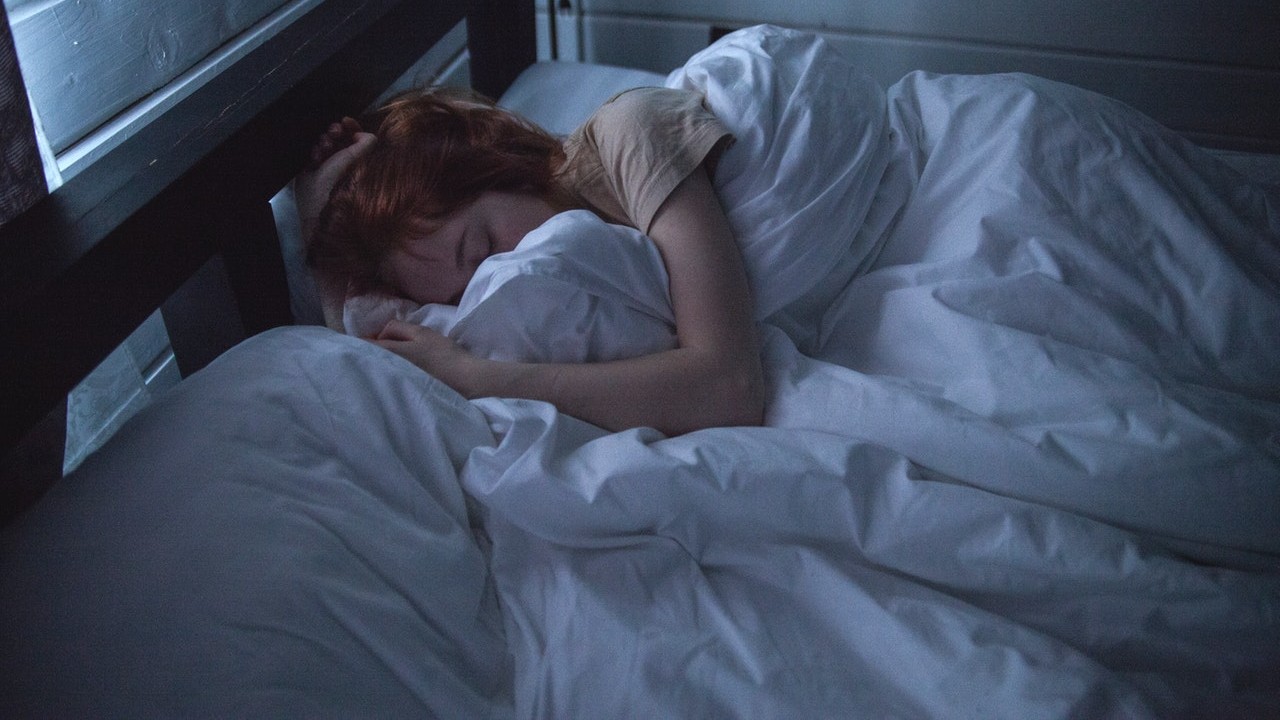
Want to look and feel 10 years younger? Then forget miracle cures, superfoods and multivitamin cocktails. By far the best way to get a renewed sense of energy and vitality is to get consistently good sleep.
For most of us, that begins by going to bed a little earlier, at least on work nights. But by itself, that's not usually enough. We're so steeped in our poor sleep habits that even when we get to bed at a reasonable time, our body refuses to play ball. Instead, we stare at the ceiling for hours, unable to nod off, yet more exhausted than ever.
Investing in the best mattress for your sleeping style will only get you so far: the fact is that building an effective sleep routine takes a little more work. In this article, we'll explain how to go about it. Do so, and you really will see results – and not only on your sleep tracker. You'll find it easier to get up in the morning, have more energy during the day, be able to concentrate more, and spend less time craving caffeine and alcohol.
- Upgrade your sleep setup for less with one of the best cheap mattress deals
- One of the best weighted blankets can also help fight insomnia
- Here's how to stop snoring
1. Call time on work

The first part of your routine has to be creating a clear division between work and leisure time. That might sound obvious, especially for nine-to-fivers. But ask yourself: how often do you glance at work emails after hours? How often do conversations with friends focus on work? How often do you read books relating to work during what's meant to be leisure time?
If you never fully escape work mode, you don't give your brain the chance to wind down properly. And that's going to make it difficult to go to sleep properly. So it's vital that whatever time you finish work, you actually finish.
In practice, that means means switching off your work emails on your phone. It means resisting the temptation to think about work or chat about it with others. And, if necessary, it means finding a completely different activity or change of scene to refocus your mind.
2. Spend an hour or two winding down

Ever gone to bed immediately after a stimulating activity, such as playing a videogame, and found that however tired you are, you can't sleep? Us too. So it's common sense that you need to build a 'winding down' period into your bedtime routine, to give your mind and body a chance to relax before getting into bed. Sleep experts go further, and suggest that you set an alarm to formally start this period, which might be anywhere from one to three hours before your bedtime.
Sign up to the T3 newsletter for smarter living straight to your inbox
Get all the latest news, reviews, deals and buying guides on gorgeous tech, home and active products from the T3 experts
The way you wind down will vary from person to person. You might like to take a bath, listen to some relaxing music, do some meditation or relaxation exercises, or just sit and read an enjoyable book. Some people like to write a journal, allowing them to calmly think through the events of their day rather than waking up in the middle of the night consumed by them. Basically, though, it's whatever works for you.
The important thing is to avoid pulse-racing activities, and especially anything that involves a digital screen. Not just because digital experiences tend to be very stimulating and addictive. But also because the screens themselves give off blue light, which disrupts your circadian rhythms and inhibits the production of the sleep-inducing hormone melatonin.
Blue light is emitted by televisions, smartphones, tablets, gaming systems and computer monitors, by the way. So all these are best avoided during your wind-down period. Either put them out of reach, or switch them off altogether.
3. Dim the lights
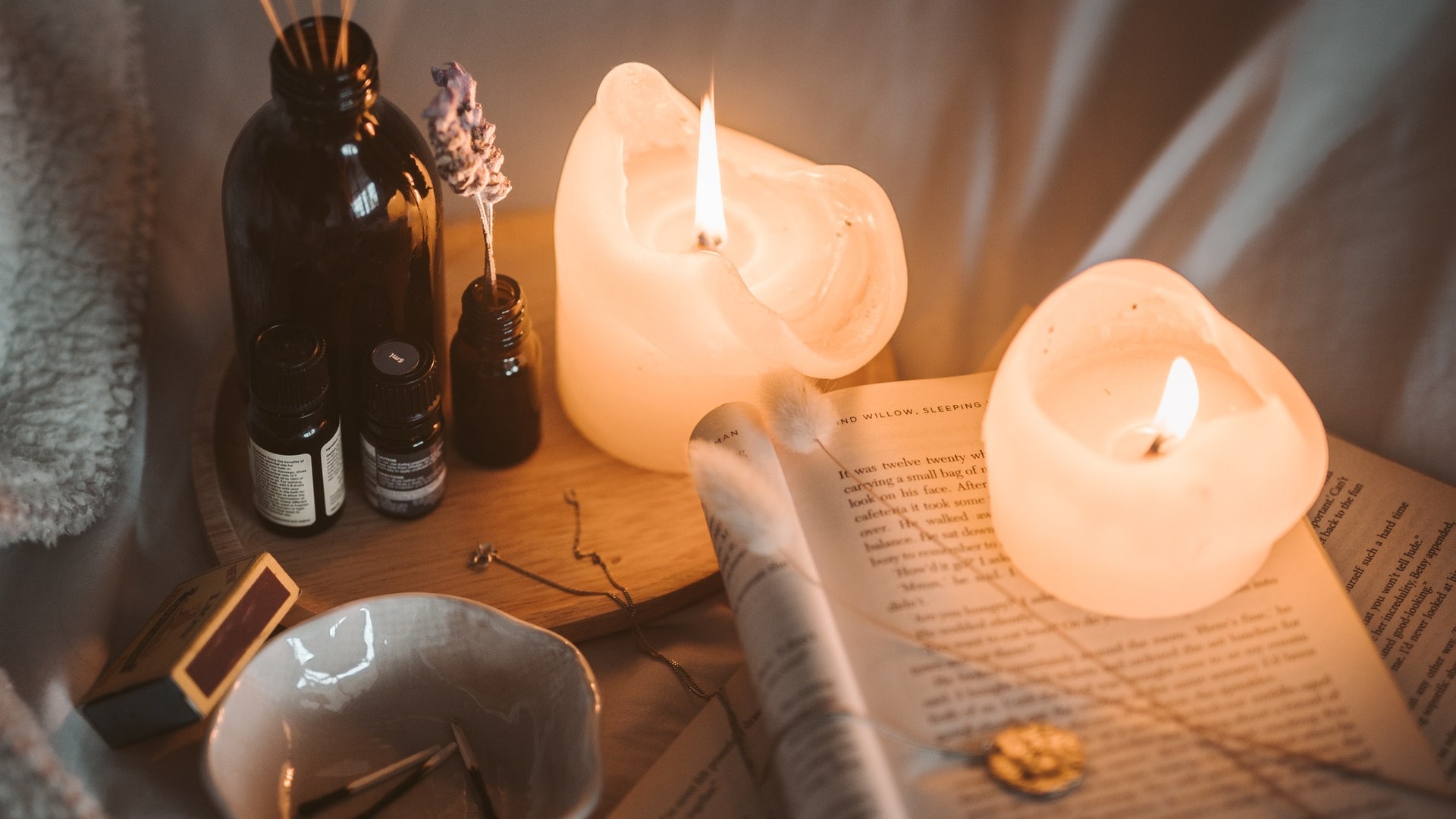
It's not just the light from screens we have to worry about when constructing a good bedtime routine. Electric lights in general are an important reason why people often don't get the amount of sleep they need.
Originally, our bodies were designed by evolution to respond to the natural rising and setting of the sun, and they still work in the same way today. So the more light that hits our eyes – whether it's generated by the sun or electric bulbs – the more our bodies assume it's daytime, and keep manufacturing chemicals that keep us awake.
For this reason, it's important to start to reduce the amount of light in your room as you begin your winding down period. There are lamps designed especially for this; the best wake-up lights have a gradually dimming 'sunset' function, and some even use a special, sleep-promoting wavelength of light on this setting. However, you can also use a dimmer switch, turning off the main lights and switching to lamps, or even chilling out by candlelight. That way, you're sending a powerful message to your brain that it's time to start slowing things down, and you'll sleep much more soundly and effectively as a result.
4. Enjoy a relaxing drink
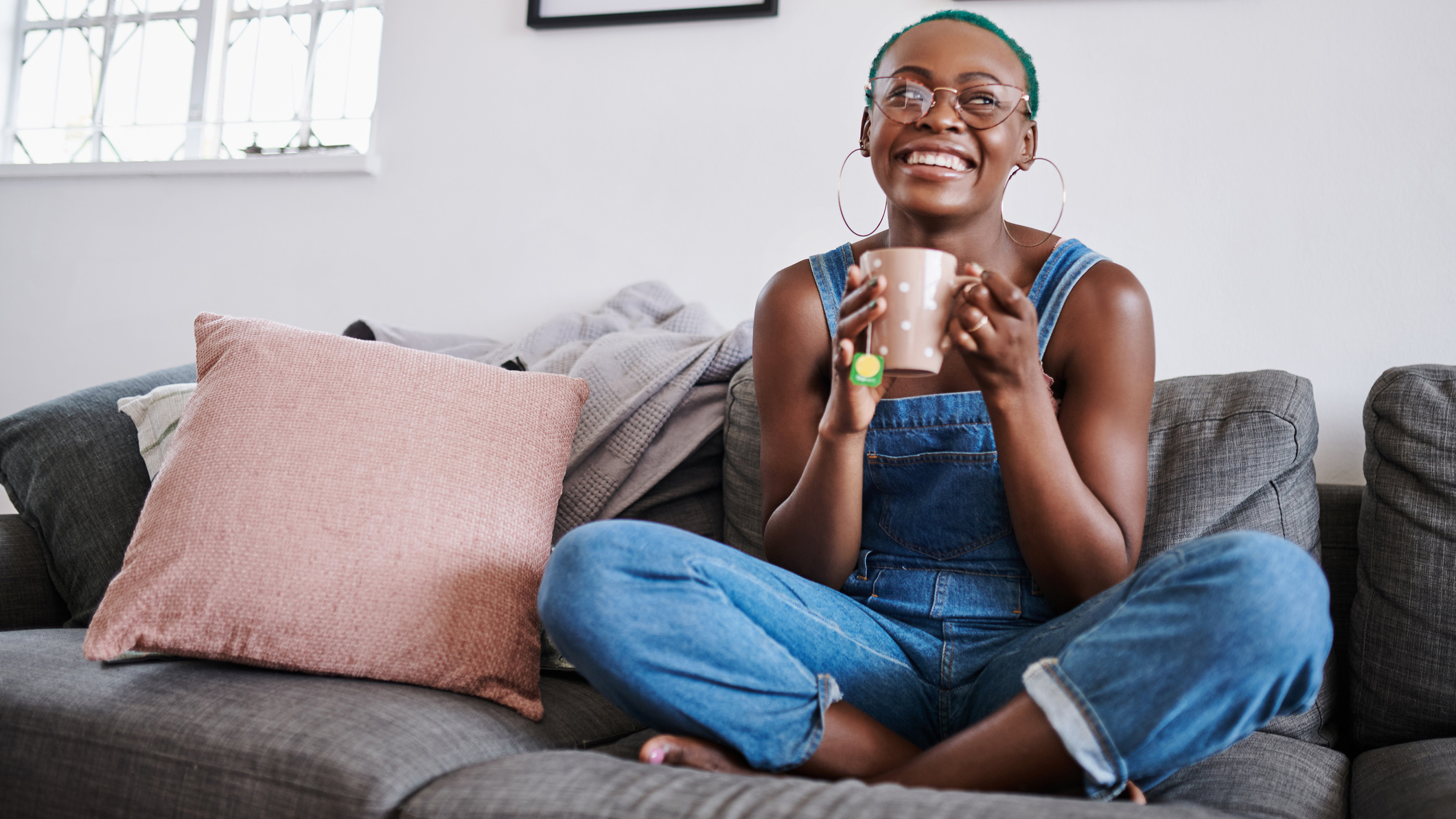
Out of habit, many people think they can't go to bed without a cup of tea, a beer or a glass of wine. But as these drinks are all stimulants, there's no real logic to this: it's only going to keep you awake longer, or make it more likely you'll wake up in the night. Conversely, if you hold off on these and other stimulants (such as rich or spicy foods) during your winding down period, you'll find it much more successful.
That said, some drinks are thought to aid restful sleep. Chamomile tea, for example, which contains apigenin, which binds to certain receptors in your brain thought to reduce insomnia. Also, while sweet cherries are a stimulant, sour cherry juice that doesn't contain added sugar is also believed to aid restfulness, as it's been found to contain a significant amount of melatonin. And of course milk, which contains both tryptophan and melatonin, has long been used to help send people off to the land of nod.
A word of caution though: scientific studies of all three drinks have been fairly inconclusive, to date, as to their sleep-inducing qualities. And it may be that it's more the ritual of, say, drinking warm milk before bedtime, than its chemical qualities that helps people sleep in practice. But as they say, if it works, it works; and they're certainly going to be better choices than tea, alcohol or coffee if you need something to drink before bedtime.
5. Develop a going-to-bed ritual
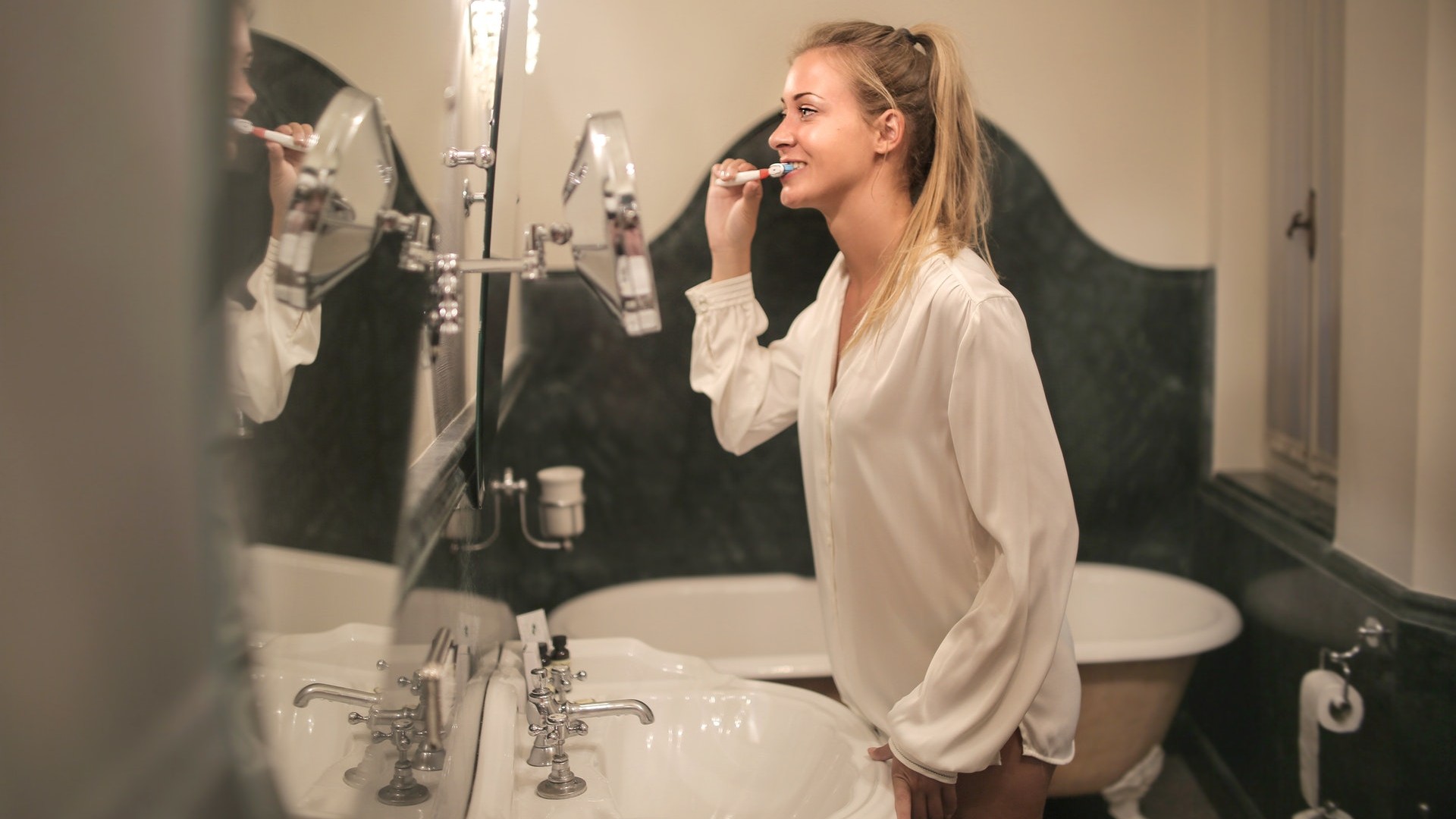
Our brains are built to respond, above all, to patterns. So if you want to train your body to fall asleep soon after hitting the pillow, it's important to design a ritual, and then stick to it. It doesn't really matter what activities that ritual is focused around; what matters is repeating them.
This might be as simple as Put on your sleeping T-shirt > Wash your face > Brush your teeth > Get into bed. Or it might involve something more specific, such as doing a mindfulness exercise, lighting an aromatherapy candle, or reading a single passage from a book of inspirational quotes.
The main thing is that the sights, sounds, smells and physical actions of the ritual are cues to the brain to slow things down. Keep it consistent, and you shouldn't fail to nod off peacefully, night after night.
Tom May is a freelance writer and author of the book, Great Ted Talks: Creativity. He has been editor of Professional Photography magazine, associate editor at Creative Bloq, and deputy editor at net magazine. He has also worked for a wide range of mainstream titles including Radio Times, NME, Heat, Company and Bella.
-
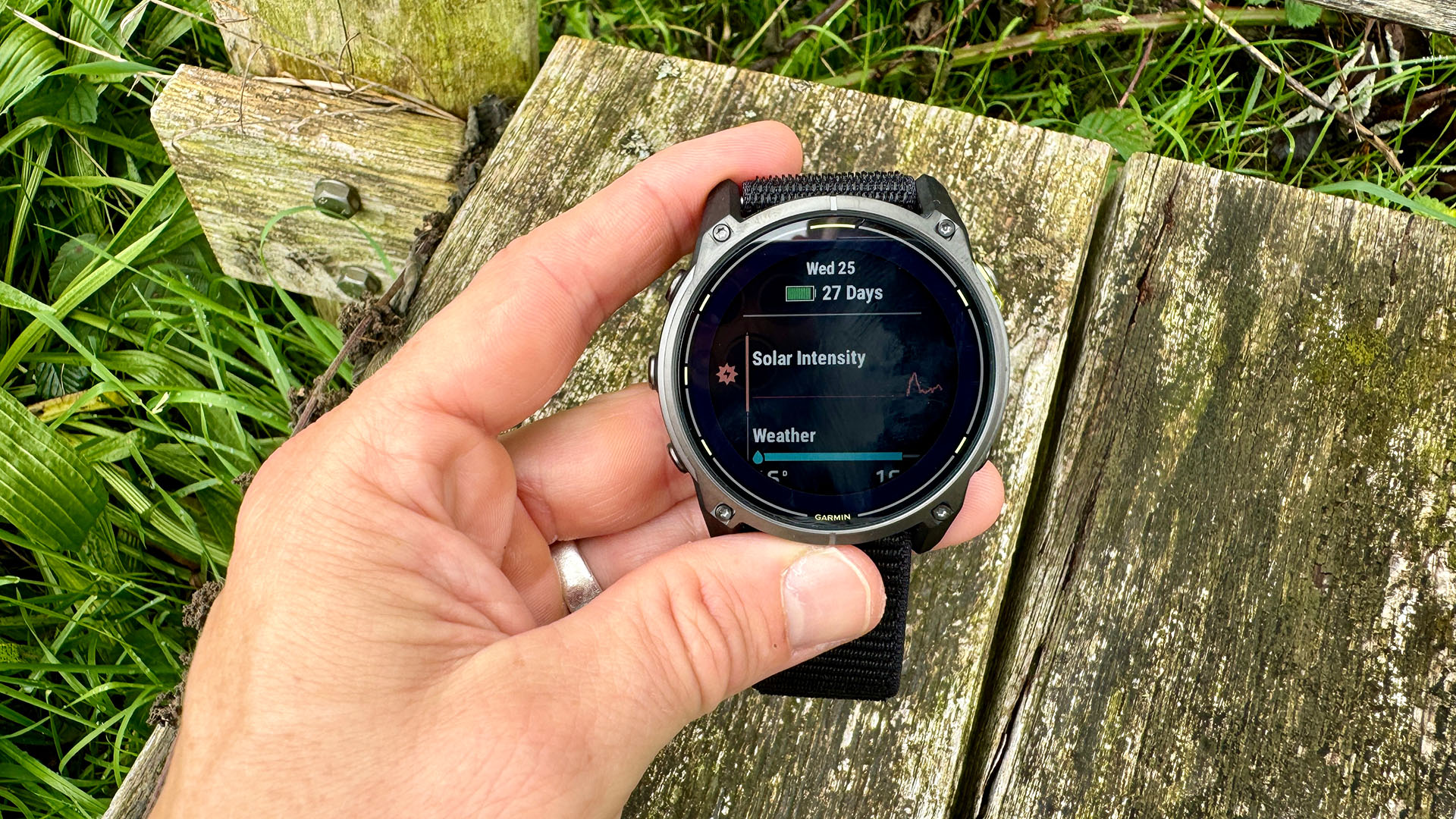 Garmin’s on a mission to update your wrist into oblivion as 100+ tweaks land on Fenix and Enduro watches
Garmin’s on a mission to update your wrist into oblivion as 100+ tweaks land on Fenix and Enduro watchesThe latest beta update looks comprehensive
By Matt Kollat Published
-
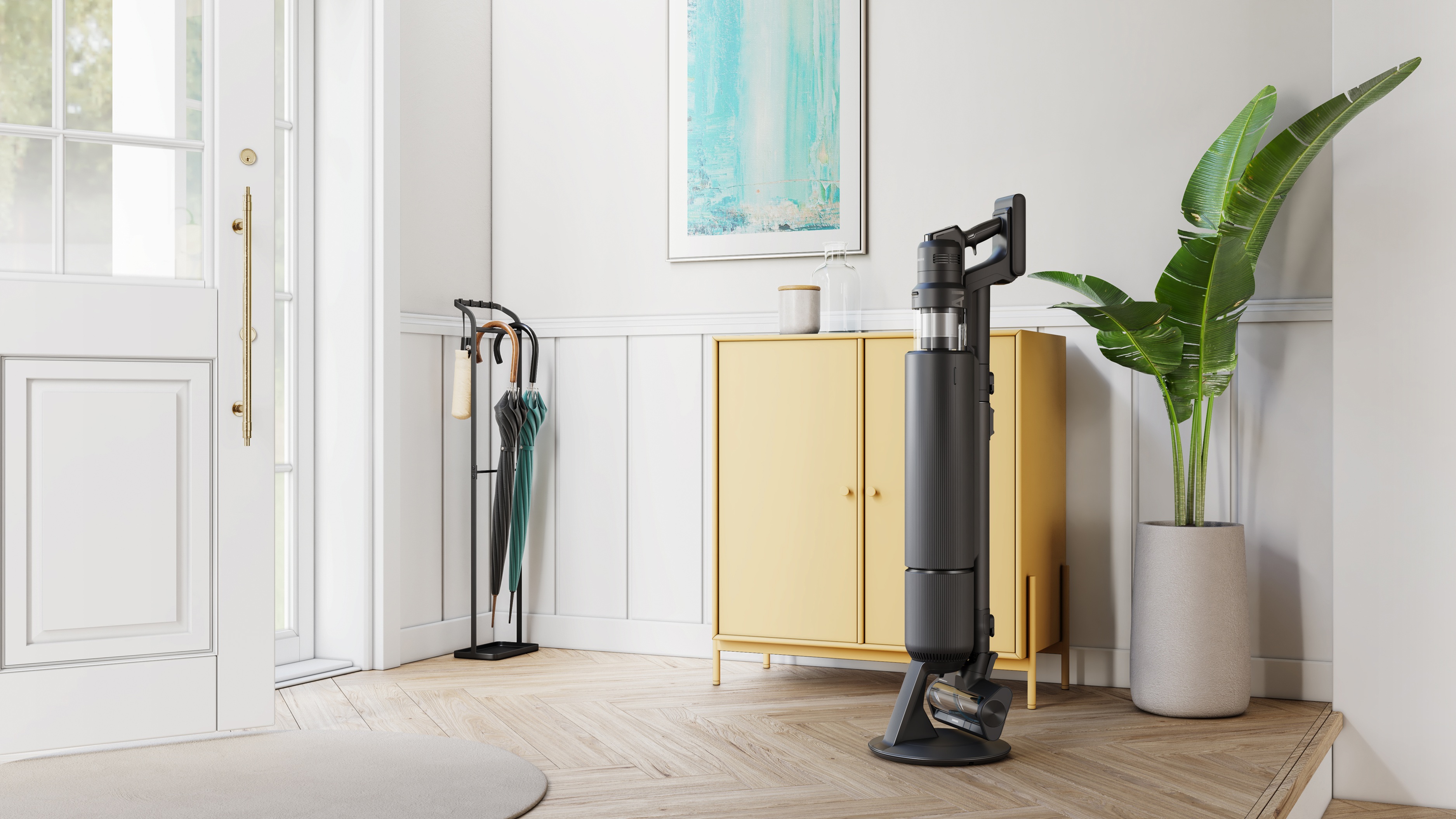 5 reasons you should be excited about the brand new Samsung Bespoke AI Jet Ultra
5 reasons you should be excited about the brand new Samsung Bespoke AI Jet UltraNot sure if it’s obvious... but I can't wait to try it
By Lizzie Wilmot Published
-
 I spent 6 weeks with the FoodMarble Aire 2: here’s what I learned about my gut health
I spent 6 weeks with the FoodMarble Aire 2: here’s what I learned about my gut healthI’ve been testing the clever breath-testing gadget with the companion app over several weeks to find out if it delivers on its promises
By Lee Bell Published
-
 Oil pulling is going viral on TikTok for stopping morning breath – but does it actually work?
Oil pulling is going viral on TikTok for stopping morning breath – but does it actually work?4 hacks that prevent morning breath, according to a sleep expert
By Bethan Girdler-Maslen Published
-
 These limited edition McLaren x Loop earplugs are what you need for Formula 1 season
These limited edition McLaren x Loop earplugs are what you need for Formula 1 seasonMcLaren teams up with Loop on limited edition noise-reducing earplugs
By Bethan Girdler-Maslen Published
-
 5 sleep supplements that help me achieve 8+ hours of rest every night
5 sleep supplements that help me achieve 8+ hours of rest every nightIt took me years to perfect my sleep routine – here are the supplements that helped
By Lizzie Wilmot Published
-
 3 reasons why you wake up at 3am every night – and how to avoid it
3 reasons why you wake up at 3am every night – and how to avoid itAlways waking up in the middle of the night? This could be why…
By Bethan Girdler-Maslen Published
-
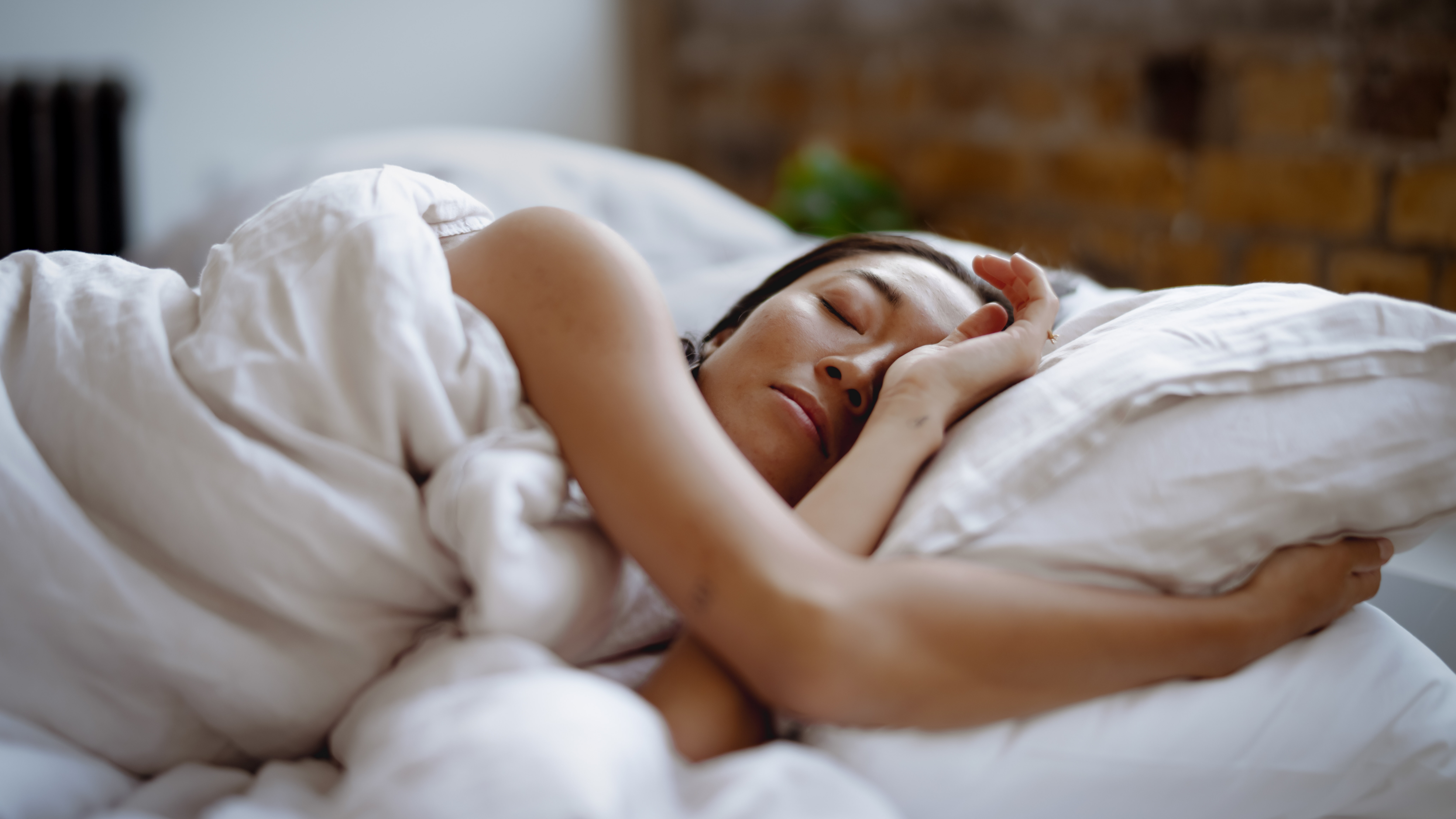 This tiny device will automatically disable your distracting apps before you sleep
This tiny device will automatically disable your distracting apps before you sleepSay hello to Kip...
By Lizzie Wilmot Last updated
-
 Therabody experts give 7 tips for perfecting your sleep routine for World Sleep Day
Therabody experts give 7 tips for perfecting your sleep routine for World Sleep DayFrom breathing exercises to sleep masks, here’s how to prioritise sleep, according to experts
By Bethan Girdler-Maslen Published
-
 Loop Dream review: super soft earplugs to help you snooze soundly, even if you’re a side sleeper
Loop Dream review: super soft earplugs to help you snooze soundly, even if you’re a side sleeperSquishy silicone and uniquely shaped ear tips take Loop’s nighttime earplugs to dreamy heights
By Joanna Ebsworth Published
